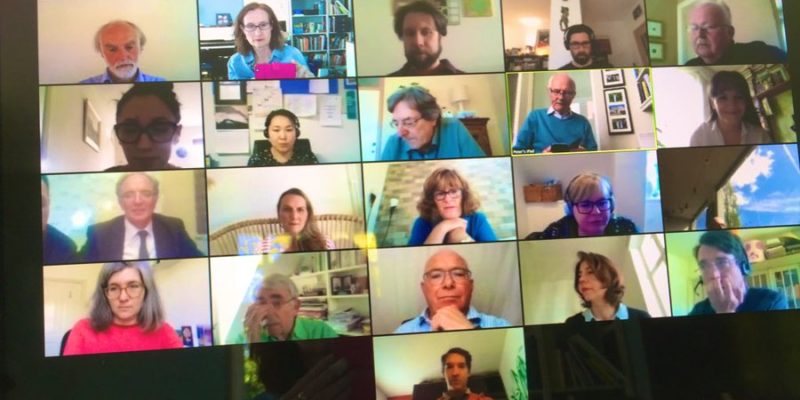Governments must ensure the public’s right to know in the COVID-19 pandemic

Following its recent webinar with European Press Councils, the European Federation of Journalists (EFJ) expressed concern about the negative impact of the coronavirus pandemic on freedom of information. The EFJ today joined ARTICLE 19 in calling on governments to ensure the public’s right to know in the COVID-19 pandemic.
The EFJ and representatives of 17 press and media councils exchanged ideas and discussed in a webinar the impact of the pandemic on journalism. The EFJ expressed concern about access to information for journalists, as well as potential threats or restrictions to freedom of the press due to the crisis.
In a new report, Ensuring the Public’s Right to Know in the COVID-19 Pandemic, published today, ARTICLE 19 has highlighted several threats to governments’ obligations on access to information and public health under human rights law:
- Governments trying to limit criticism of poor decision-making or as a larger effort to restrict human rights or hide corruption;
- Emergency legislation that limits access to information about the pandemic and/or extends the deadlines by which governments have to respond;
- Public access to information not being prioritised while public services are reduced.
“In this context of health crisis,” said the EFJ General Secretary Ricardo Gutiérrez, “citizens need more than ever verified and independent information. States must be more transparent and provide greater access to information; many are doing the opposite!”
Threats to freedom of information during the pandemic have been reported in Albania, Armenia, Azerbaijan, Bosnia and Herzegovina, Croatia, Greece, Hungary, Italy, Kosovo, Moldova, Poland, Romania, Russia, Serbia, Slovenia, Spain, Turkey, Ukraine and the United Kingdom.
The EFJ joins ARTICLE 19 in calling on governments to:
- Ensure that delays in responding to freedom of information requests are limited;
- Give priority to coronavirus-related requests;
- Provide electronic access for making requests and receiving information while physical requests are not possible;
- Proactive publish information about the outbreak and their responses;
- Ensure that oversight bodies and appeals processes are still operating;
- Maintain access to the courts for important freedom of information cases;
- Ensure public access to information about crucial health and environmental laws;
- Maintain full records while staff may be working remotely.






